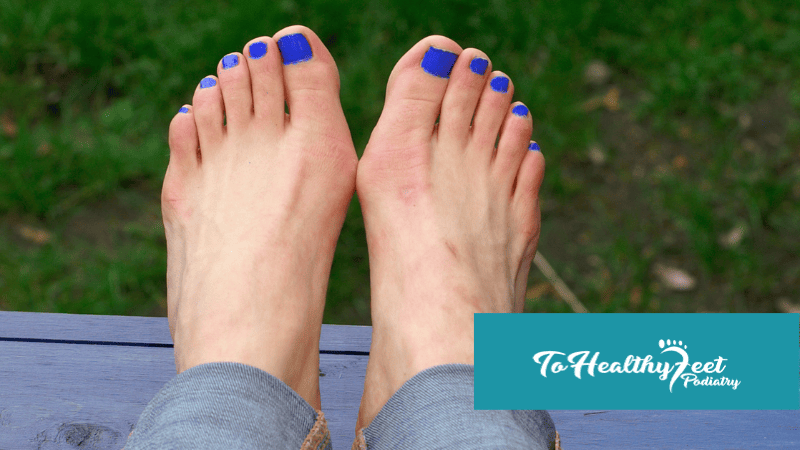It May Be Time For Bunion Surgery If:
Other Treatments Aren’t Working To Reduce Pain
While non-surgical treatments won’t correct your bunion, they can help to reduce pain and slow further bunion progression. Before you opt for bunion surgery, speak to a qualified podiatrist to see what you can do to relieve the pain caused by bunions in the interim. This may include changing the type of shoes you wear, using pads to cushion the bunion, getting orthotics, splinting the toes, or using forms of pain relief recommended by your podiatrist. It should be noted that getting rid of a callus that builds on the bunion will not reduce the pain of the bunion, as the friction that caused the callus will still be present. If you do take off the layers of skin forming the callus, another callus will develop. A more effective way to reduce skin irritation as a result of your bunion pressing your skin into your shoes is to wear larger, softer shoes that give your foot more room. If none of these methods work to reduce bunion pain, or if the bunion becomes worse, then it is time to consider foot surgery.
You Have Been Experiencing Pain For A While
While it’s best to get bunion surgery early before the foot becomes misaligned, many people tend to ignore their bunion when it isn’t causing pain. Once your bunion begins to be painful even when you use bunion pain relief methods, it is time to consider bunion surgery. Once you experience persistent pain or discomfort, it becomes clear that the bunion pain will not be resolved without surgical intervention.
You Are Experiencing Daily Pain
If your bunion is causing pain every day and limiting your ability to walk, it is time for bunion surgery. Pain that inhibits your ability to move is not only an issue because of the current discomfort you feel, it is also dangerous to your health over time as this may prevent you from staying active and healthy.
You Cannot Participate In Your Hobbies
Some people may be able to put up with some levels of foot pain because their hobbies do not involve them being on their feet much. For other people, foot pain can be highly limiting. If your hobbies involve physical activity such as hiking, rock climbing, biking, dancing, or more, your bunion pain may make it difficult to participate in the things that bring you joy. Bunion surgery can help you get back to the activities you love so that you don’t have to sacrifice the activities most important to you.
Bunion Surgery At To Healthy Feet Podiatry In Manhattan
The most reliable way to know if you need bunion surgery is to speak with a qualified Manhattan podiatrist. At To Healthy Feet Podiatry, our certified podiatrists will speak with you to discuss your bunion pain and history and examine your bunion. Our podiatrists will then schedule bunion surgery, discuss the procedure, and set up a recovery plan for optimal healing. If you are suffering from bunion pain, call To Healthy Feet Podiatry at 1-917-398-3668 or fill out the contact form to book your appointment at our Upper East Side, Times Square, Midtown Grand Central, or Downtown Wall Street locations today.
FAQ
Q: How long will bunion surgery take?
A: Bunion surgery will typically take less than one hour. You will be released the same day to recover in the comfort of your own home.
Q: What causes bunions?
A: Bunions can be caused by many different factors. Bunions are caused by bones in the front of the feet moving out of alignment over time. This causes the big toe to angle inward towards the other toes of the foot while pushing out the joint at the base of your big toe. Additionally, shoe gear plays a role in the development of bunions as tight, pointy shoes and high heels put an unnatural biomechanical strain on the foot.
Q: Will surgery fix my bunions permanently?
A: Bunion surgery is a successful solution for most as it has an approximate success rate of 85-90%. However, if patients who undergo surgery to repair their bunions continue to wear narrow, high-heeled shoes, especially too soon, they may be prone to developing bunions again.




